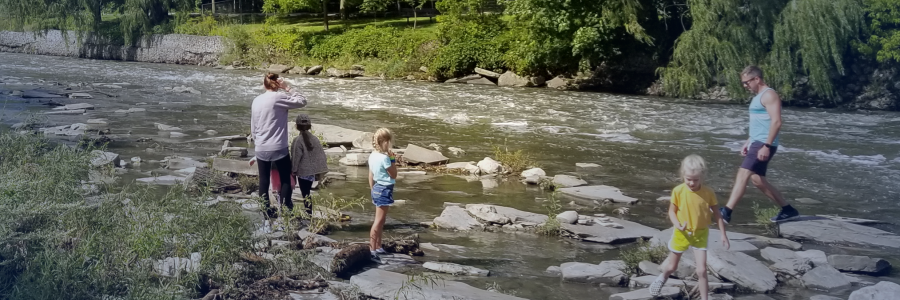Given the abundance of information that exists on the Internet, in books, etc., we can easily lose sight of our reasons to engage in physical activity. But when we step back and reflect on the reasons why we exercise, it likely boils down the things we need or want to do. In other words, we train, exercise, become educated, etc. to ensure that we have sufficient capacity to meet the demands of our lives.
Our demands reflect the activities we need, want, or love to do. For fire fighters, this reflects the skills necessary to safely fight a live fire and effectively assist at the scene of an accident, but also encompasses the activities performed at the end of the day such as going for a run, doing chores around the house, or playing with kids. Every one of these activities imposes demands (physical and psychological).
Our capacity can be viewed as the ability, (e.g. strength, endurance, flexibility), desire (e.g. motivation) and awareness (e.g. perception of risk) to perform safely and effectively. What would you do if you had the ability and motivation to perform every activity you’ve ever wanted to try? This demands-capacity framework can be used as a foundation to make your exercise matter!
In the unfortunate situation that a fire fighter’s demands exceed their capacity, their risk of injury and cardiac or respiratory distress will go up, their performance will go down, and quality of life will suffer. In these situations, we can reduce life’s demands (e.g. no more golf, no more lifting…and yes, this also applies to playing with your kids), but this is no way to live! How you would feel if you could no longer do something you truly enjoy?
Most of us want to be active today, tomorrow and 10 years from now, and therefore we need to look for opportunities today to build our capacity to meet the demands of our lives. This approach also offers an excellent strategy to enhance motivation and adherence to exercise in the long-term.
To gain a better appreciation for the demands of your life (i.e. your reasons to exercise), ask yourself what activities you need to perform, want to perform, or love to perform? Consider work, life and play. You could also ask yourself what you still want to be doing 5, 10 or 20 years from now. What we do today will influence our ability to do those things tomorrow.
While your demands can offer insight into how prepared you need to be, your capacity describes where you are right now. Do you currently have the ability, motivation and awareness to do all the things you need, want or love to do. If something is challenging today, it could easily become more difficult tomorrow unless we choose to intervene today. Knowing that our abilities will decline with age, what we do today become so important for our quality of life in the future.
Exercise can be used to build enough capacity to meet or exceed the demands of our lives! Invest in your future self by being active today!

